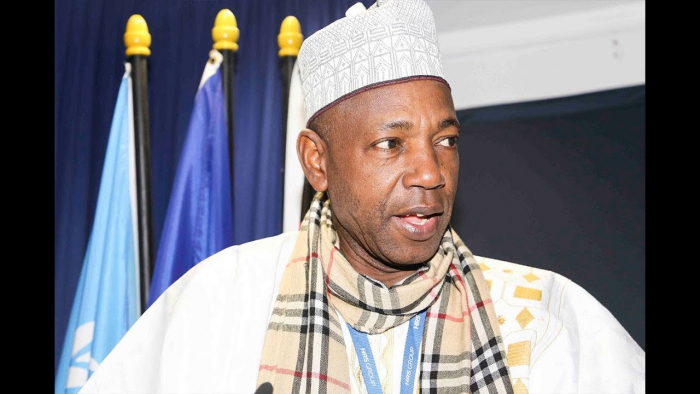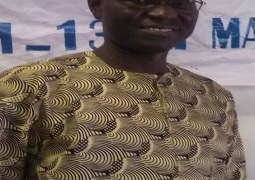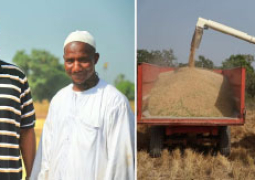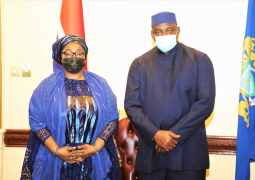
The call was made at the recent Tourism Recovery Summit in Nairobi, Kenya, co-hosted by the Ministries of Tourism and Wildlife of the Republic of Kenya and Tourism of Kingdom of Saudi Arabia.
The Nairobi Action Plan for Africa Tourism Recovery calls for initiation of appropriate actions in their respective governments on some major areas with action points which include vaccination; break barriers for travel within Africa; sustainability and biodiversity conservation; refocus on tourism and its recovery; youth in tourism; special fund for tourism; Africa as a domestic market and investment in human capital development among others.
According to the action plan, as Covid-19 has had adverse effects on the continent of Africa with tourism facing the major repercussions of the pandemic.
“The African populations therefore need vaccination in the quest to fighting the Covid-19 pandemic. To that end, there is need for social justice and equity in vaccine access to ensure that a bigger population of the continent is vaccinated and build confidence in Africa as a destination”
Therefore, the action points for this are to ‘prioritize vaccination; ensure social access; invest in vaccine manufacturing locally; and have allies through diplomatic relations to supply enough vaccines for their population.’
Refocus on tourism and its recovery
According to the action plan, “Covid-19 pandemic has created an opportunity to refocus on the national and international tourism within Africa. Through the lessons learnt, African leaders can strategically plan the recovery process for tourism, during and after the pandemic.”
And the action points for this includes constant bench marking and learning with the best international tourism practices; adopting and changing the tourism training curriculum to respond to needs; and application of practical, facilitative and enforceable regulations.
Youth in tourism is another area captured in the action plan as “youth are the largest population in Africa.
Additionally, they are one of the growing tourism segments with a very high potential if well tapped into.” More so, “youths also provide labour and skills required in the tourism industry. Therefore, there is need to train the youth for the tourism industry future, as this will enable Africa to leverage this demographic dividend as a resource, secure market stability in the future.”
The Nairobi Action Plan for Africa Tourism Recovery also discussed special fund for tourism as “most crisis in tourism are not predictable and when they occur, they cause devastating effects on the industry, leading to massive job losses.”
This is a special fund set up to respond during such crisis (it) will mitigate the effects.” The action points on special fund for tourism included to develop flexible laws and policies supporting tourism special fund and establish framework for proper management of the special funds.
However, Africa as a domestic market is another; “the African continent, which is the cradle of mankind, is endowed with vast tourism resources some of which have never been explored. And Africans are the closest market to these tourism resources yet their numbers are quite insignificant.”
Therefore, “Africa should be marketed amongst the natives to facilitate visitation in tourism destinations within continent,” as this will help to build sustainability and resilience. To realise this the action points are to market African destinations amongst Africans; development of a logical African based tourism circuit for full exploration of the tourism resources present in Africa and travel incentives for trips and tours within Africa.
The Gambia Minister of Tourism and Culture, Honorable Hamat N.K. Bah attended the event which attracted other ministers across Africa.





